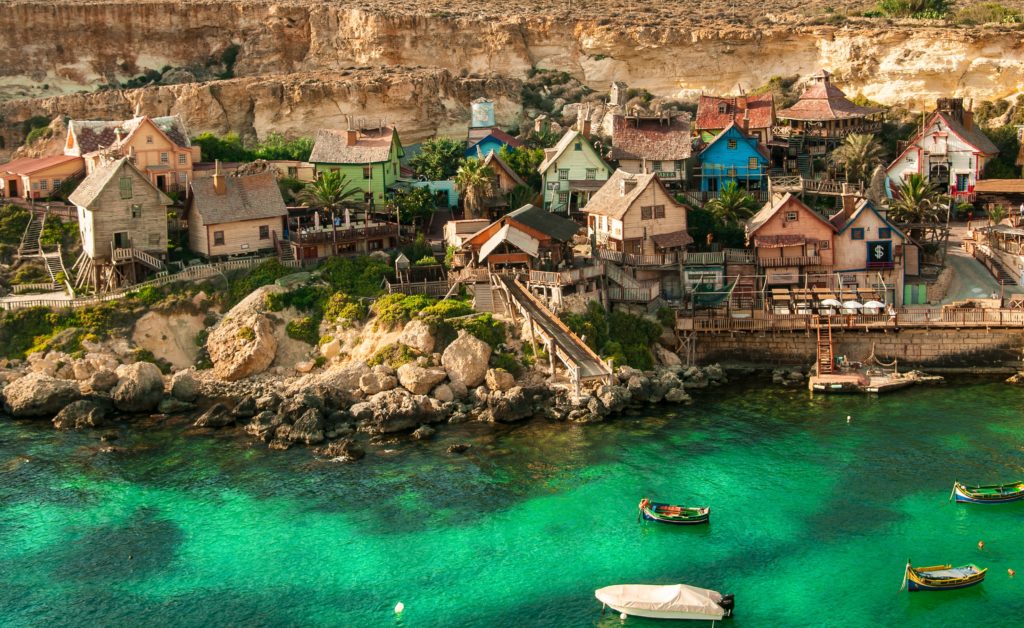Malta is a small yet vibrant nation located in the Mediterranean Sea. It is renowned for its beautiful beaches, historical sites, and warm climate. However, what many people don’t know is that it is also home to a thriving economy with several leading industries.
The country’s economy is largely driven by its tourism industry, which is the largest contributor to the country’s GDP. The country has a well-developed infrastructure and a wide range of attractions that attract millions of visitors each year. Additionally, Malta has a strong financial services sector, which includes banking, insurance, and asset management. The country also has a growing number of IT and digital media companies, which are becoming increasingly important to the economy.
The manufacturing sector is another key component of Malta’s economy. The country has many factories that produce a variety of products, from clothing and furniture to electronics and pharmaceuticals. Additionally, the nation is home to many shipyards and shipbuilding companies, which are responsible for the construction of vessels for both commercial and military use. These top sectors are further detailed below.

Manufacturing
Malta’s industrial industry serves as the ideal case study for gradual reform. Early on, the industry focused on locally produced food, beverages, and furniture. Following liberation, the nation developed a reputation as a center of low-cost production to draw in global companies. Numerous toy producers, packing experts, and fabric, polymer, and leather businesses rushed to the nation, providing millions of people with jobs.
Electronics, foodstuffs, and drinks have established supremacy in the industrial area, which contributes to 11% of jobs and 10% of Revenue. The majority of manufacturing businesses are situated in one of the nation’s 10 industrial estates, where they may take advantage of reduced production costs like low-cost power and tax breaks on raw materials.
Tourism
One of the key drivers of GDP is the tourist industry. A record 2.6 million tourists came to the nation in 2018, an increase of 14% from the year before. 27.1% of the GDP is devoted to tourism, which is a far greater percentage than the 10.3% for Europe and 10.4% for the entire world. According to the Global Travel and Tourist Organization, local jobs in the hospitality industry have grown significantly during the past several years. By 2028, the industry is expected to generate 33 % of the GDP, assuming the current trend holds.
Technology
Malta has made significant strides toward creating a society that is ICT-focused. In terms of ICT usage, the European Union places the nation 12th out of the 28 participating nations. In terms of wireless broadband and online activity, it scores far higher than the rest of the EU. Malta is the only nation in the EU with an all-encompassing ultra-fast internet network.
Monetary services
The Maltese economy’s financial services sector is expanding at the fastest rate. The nation is acknowledged on a global scale as a top-tier hub for top-tier banks, financial firms, and asset advisors. More than 1 million people are employed in the industry, which contributes 12% to the GDP. The nation has a complex collection of laws that govern monetary activities and offer a supportive legal and legislative environment for the delivery of such services. This demonstrates the government’s dedication to fostering and maintaining sector development.
Conclusion
Overall, Malta is a small nation with a vibrant economy. Its tourism industry is the largest contributor to its GDP, while its financial services sector and manufacturing sector are both key components of the economy. With its well-developed infrastructure and its wide range of attractions, Malta is a great destination for tourists and businesses alike.







